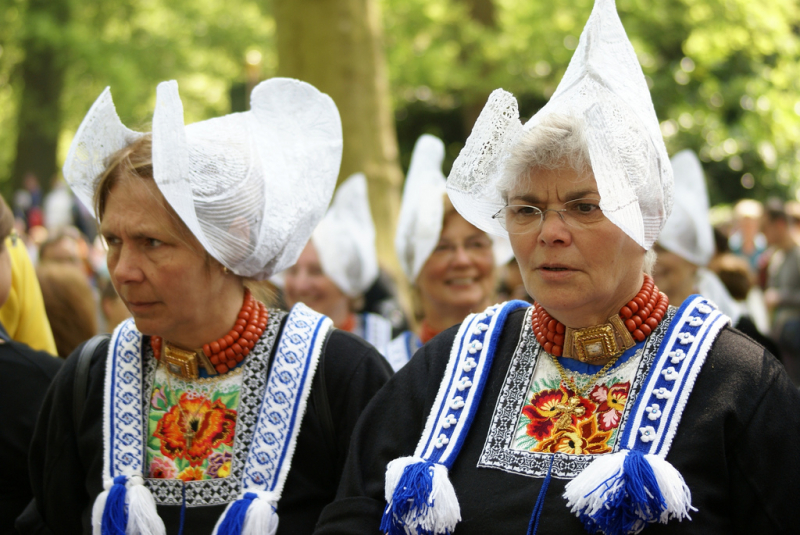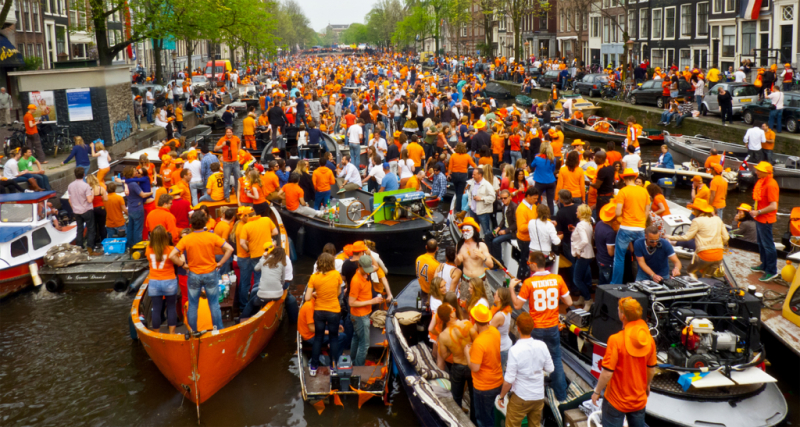Dutch Culture and Society
The Dutch are known for being direct, pragmatic, and accepting. The Netherlands is a liberal nation with a progressive viewpoint. A significant subset of Protestantism that stretches back to the 16th century, Calvinism, appears to be the source of many Dutch attitudes, values, and beliefs.
The Netherlands as it is today is one of the most secular nations in Western Europe, despite the possibility that religious teachings helped to create the country's morality and way of life. In reality, a 2020 study by Statistics Netherlands found that more than half of Dutch citizens identify as atheist (Centraal Bureau voor de Statistiek – CBS). The percentage of religious people is 20% Roman Catholic, about 15% Protestant, and 5% Muslim.
The Dutch constitution prohibits discrimination and upholds the right to freedom of assembly, speech, and religion. Furthermore, it protects the right to privacy. Discrimination does exist in the Netherlands, despite the fact that most individuals can live in freedom regardless of their religious convictions. Official statistics indicate that 42% of police reports of prejudice in 2021 were related to racial and national origin. According to Discriminatie.nl, a large portion of this discrimination favors individuals of race. Prejudice is particularly common in the housing and employment sectors.
The official language of the Netherlands is Dutch, which is spoken by almost everyone there. West Frisian (Frysk) is also recognized as an official minority language in the northern province of Friesland. The Dutch are the most skilled non-native English speakers in the world, despite the fact that English is not one of their official languages. Over 90% of Dutch citizens speak English, according to Education First's 2021 English Proficiency Index.













